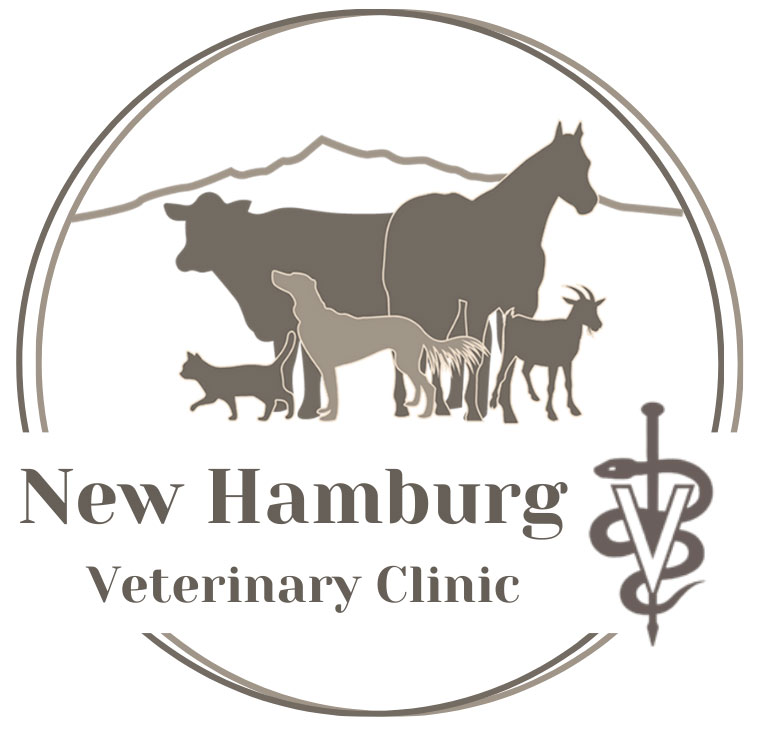Illustrated Articles
-
Milbemycin oxime is a heartworm disease preventive and treats internal parasites in dogs and cats (e.g., hookworms and roundworms). It is also used off label to treat infestations in dogs. Milbemycin is given by mouth with a flavored oral tablet.
-
Feline miliary dermatitis is a skin condition that typically results from an underlying allergic reaction, most commonly to fleabites. An affected cat will have a very itchy rash and may lick, bite, and scratch at the affected skin, quickly progressing to small lesions with scabs on them. The offending allergen must be removed for long-term resolution.
-
Silymarin is an over-the-counter nutritional supplement that is used off-label and is given by mouth to treat liver and cancer conditions. Give as directed. Side effects are uncommon but may include vomiting or diarrhea. Do not use it in pets that are allergic to it. If a negative reaction occurs, please call the veterinary office.
-
Minocycline is given by mouth and is used off-label to treat certain bacterial infections and as a part of the heartworm treatment protocol. Give as directed. Common side effects include stomach upset, such as vomiting, decreased appetite, and diarrhea. Do not use in pets that are allergic to it or that are pregnant, nursing, or are very young. If a negative reaction occurs, call your veterinarian.
-
Mirtazapine is given by mouth or is applied to the skin and is used to treat weight loss in cats and is used off-label to treat inappetence, nausea, and vomiting in cats and dogs. Give as directed. The most common side effects include vocalization, restlessness, vomiting, incoordination, or trembling. Do not use it in pets that are allergic to it or that have recently used an MAOI. If a negative reaction occurs, call your veterinarian.
-
Miscarriage refers to the death of a fetus during pregnancy, with the most common cause being infection. It may also be caused by hormonal shifts or abnormalities. In many cases, there are no visible signs of miscarriage. If miscarriage is suspected, ultrasound is used to assess the pregnancy and determine whether the fetuses are alive. Finding a cause for the miscarriage, especially if that cause is a treatable condition, may improve outcomes in future pregnancies.
-
Misoprostol (brand names Cytotec®, Arthrotec®) is a prostaglandin E1 analog drug. It is used off label (extra label) to treat or prevent stomach ulcers due to NSAID use in cats, dogs, and horses. It can also be used in combination with other medications to treat uterine infections, protect the kidneys, treat skin allergies, or to terminate pregnancy.
-
Mole and gopher baits are often flavored to attract pests, but cats and dogs may also ingest them if given the chance. The active ingredients in these baits can cause significant illness if enough is ingested. The most common active ingredients used in mole and gopher baits are zinc phosphide and bromethalin. There is no antidote for bromethalin poisoning, so decontamination within an appropriate time is key to a good outcome.
-
Molidustat (brand name Varenzin-CAI) is a medication used to treat anemia (low red blood cell number) in cats with chronic kidney disease. Molidustat helps increase red blood cell production. It is conditionally approved for use in cats only. It comes in liquid suspension form.
-
Molnupiravir is an antiviral used to treat feline infectious peritonitis (FIP) in cats. This medication is used off label in veterinary medicine. Molnupiravir comes in oral capsule form.

